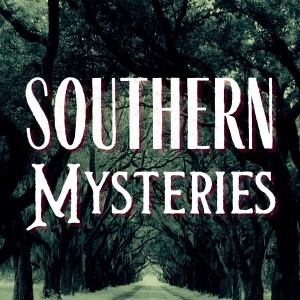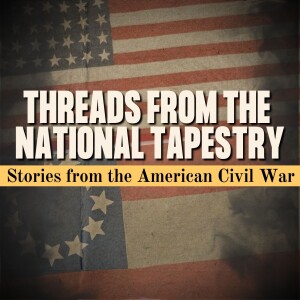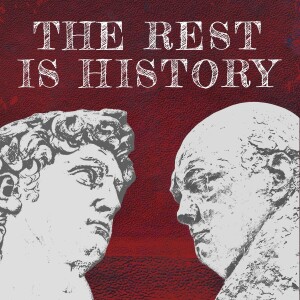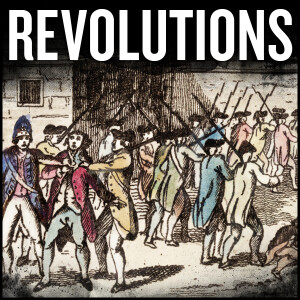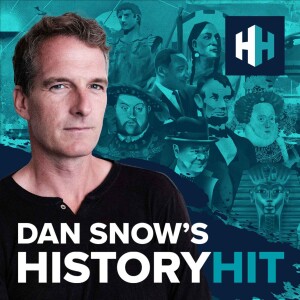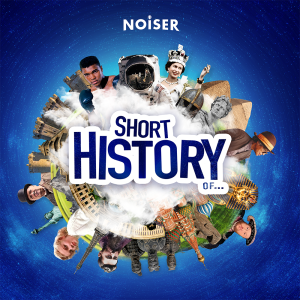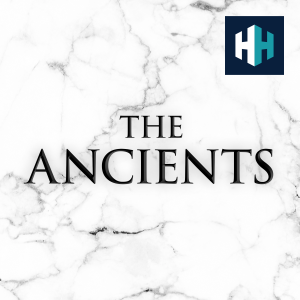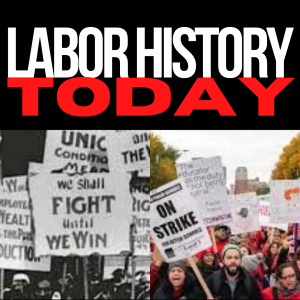

EMTs, nurses, bus drivers, and supermarket clerks; they're all what are now known as essential workers. But by about June of this year, a lot of people were starting to argue that barbers provided an essential service that they had lived too long without.
Quincy Mills, Professor of History at the University of Maryland in College Park, talks about black barbers, the evolution of their trade, and its political meaning as a skilled form of labor.
Plus: poet Martin Espada reads his poem "Castles for the Laborers and Ballgames on the Radio," written for his friend, historian Howard Zinn.
This week’s Labor History in 2: The Amistad.
Produced by Chris Garlock; edited by Patrick Dixon. To contribute a labor history item, email laborhistorytoday@gmail.com
Labor History Today is produced by the Metro Washington Council’s Union City Radio and the Kalmanovitz Initiative for Labor and the Working Poor at Georgetown University. We're a proud founding member of the Labor Radio Podcast Network, more than 60 shows focusing on working people’s issues and concerns. #LaborRadioPod
More Episodes
All Episodes>>Create Your Podcast In Minutes
- Full-featured podcast site
- Unlimited storage and bandwidth
- Comprehensive podcast stats
- Distribute to Apple Podcasts, Spotify, and more
- Make money with your podcast
